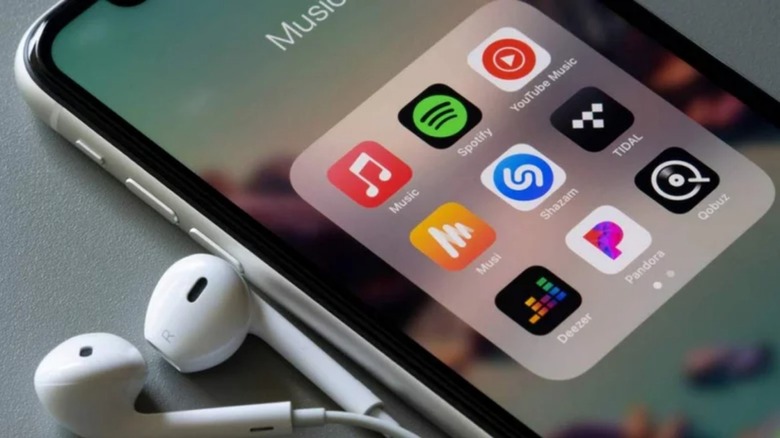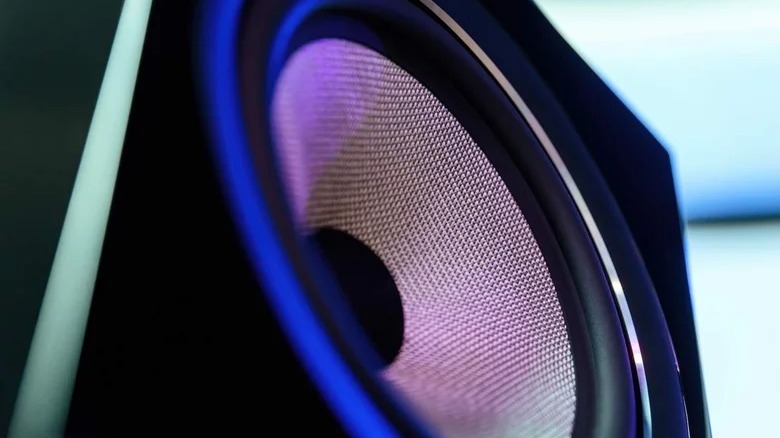What Is Lossless Audio?
Apple made headlines in mid-2021 when it announced its Apple Music service would offer lossless audio in June of that year. The audio upgrade would be available to users at no extra cost, but some users didn't fully understand the benefit of lossless audio, especially after years of digital music that sounded perfectly acceptable.
For decades, digital media has been dominated by the MP3 format. MP3 was originally created as a way to provide a decent audio experience at a time when internet speeds were far slower than they are today. As a result, MP3s traded audio quality for smaller file sizes, attempting to strike a balance between the two.
With the advent of faster internet speeds, however, the industry is not hampered by the same limitations as in the past. This has enabled companies like Apple, Amazon, and Tidal to offer truly lossless audio.
The Rise Of Lossless Audio Formats
As the name implies, lossless audio merely refers to formats that preserve the quality of the original audio, not sacrificing it for the sake of smaller file sizes. In fact, modern lossless formats now provide audio quality that rivals and surpasses CD quality.
In spite of this, that doesn't mean all lossless audio formats are massive in size. Some formats offer compression, while still maintaining the lossless audio quality.
FLAC (Free Lossless Audio Codec ) and ALAC (Apple Lossless Audio Codec ) are two of the most common compressed, lossless formats. Because FLAC is open source, it holds the distinction of being the most widely used (via Higher Hz). FLAC offers audio resolution up to 32-bit and 96 kHz, providing better quality than a CD.
ALAC is also very popular, thanks to being Apple's audio format of choice. The company created the format for use in its Apple Music platform and promises that "Apple Music subscribers will be able to hear the exact same thing that the artists created in the studio." (via Apple)
Regardless of which format a platform uses, lossless audio should provide a clear improvement over MP3 and other lossy formats of old.

